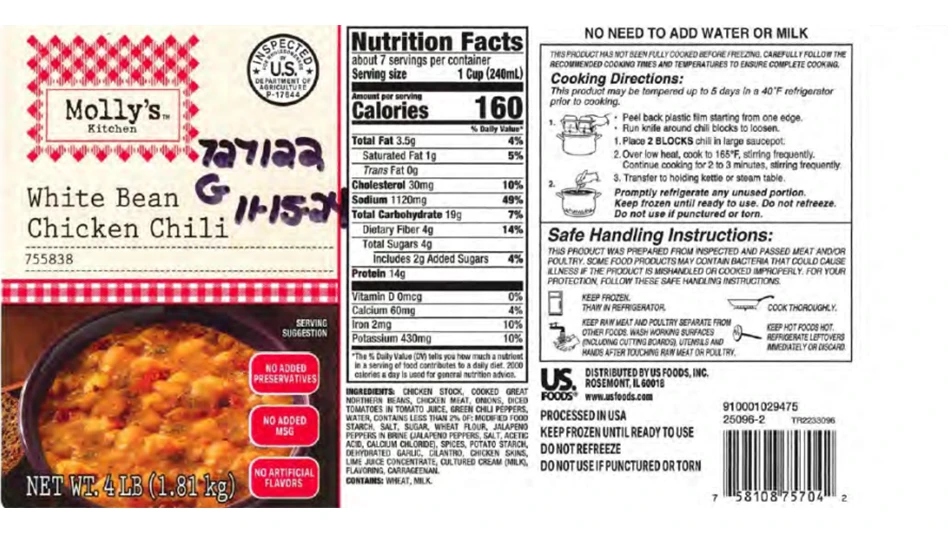Looking for a job?
In May, the Food and Drug Administration announced it would begin a major hiring initiative: The agency wants to fill 600 new positions and put new employees in 700 currently vacant posts — more than double the number of people hired between 2005 and 2007. The new hires will be charged with implementing the FDA Amendments Act of 2007, the Food Protection Plan and the Import Safety Action Plan.
The jobs open include biologists, microbiologists, health/regulatory/general health scientists, mathematical statisticians, epidemiologists and veterinary medical officers in the Washington area as well as the agency’s new offices in China. The government gave the agency hiring authority to cut through the red tape and ensure a quick turnaround; FDA has said new hires could be on the job in just three weeks.
And as its grapples with ever-increasing scrutiny, FDA also is ramping up its budget requests. In May, the Senate awarded the agency an extra $275 million at the request of Commissioner Andrew von Eschenbach. This is on top of the agency’s $2.4 billion requested budget for fiscal year 2009.
The bulk of that Senate windfall — $125 million — will go to food protection, $50 million for upgrades to the agency’s science and workforce. Another $20 million could be used to increase its presence abroad.
And while an extra 1,300 pairs of boots on the ground will no doubt help — as will an extra $275 million — the news shouldn’t come as a huge surprise to the industry, nor should it offer a great feeling of security. No budget is big enough and no agency has enough people to adequately inspect and protect an entire nation’s food supply. An extra couple million dollars won’t change the necessity of each and every plant self-inspecting and self-correcting when things go wrong. What the new employees will allow is more breathing room in an overstretched agency and more cooperation between the public and private sectors.
In "Dollars and Sense," food industry consultant Gale Prince puts it bluntly: “Too often management assumes that the product is coming in to the U.S. under the oversight of the FDA. You cannot depend upon regulatory oversight in a foreign country or at our ports,” he says. “The safety of your product is your responsibility and you cannot delegate it to a regulatory agency.”
The costs are too great to a company to let the basics of inspection and testing fall by the wayside. At the end of the day, plants and companies cannot rely on the government to protect their products or certify their safety. Even if they should, customers won’t take issue with the government’s lax inspections in the case of a recall; they’ll take issue with the plant that provided the contaminated product. The onus of protection falls on QA managers in all processing plants — no matter how large or small.
The author is Assistant Editor of QA magazine.

Explore the June 2008 Issue
Check out more from this issue and find your next story to read.
Latest from Quality Assurance & Food Safety
- Boston Sword & Tuna Protects Seafood Safety with Mettler-Toledo Metal Detectors
- IFT Releases New Resources to Aid Food and Beverage Industry in Sugar Reduction
- Yum! Brands CEO David Gibbs to Retire in 2026
- Penn State Extension Offers Short Course on Food Microbiology and Safety for Food Plant Workers
- Johnsonville Recalls Cheddar Bratwurst Due to Possible Plastic Contamination
- Cabot Creamery Butter Recalled Due to Possible Fecal Contamination
- USDA Delays Salmonella Testing Program for Breaded Stuffed Chicken
- FDA Extends Comment Period on Poppy Seeds to June 16





